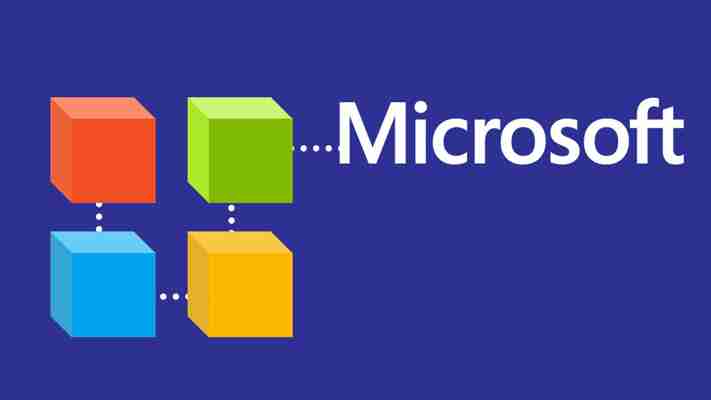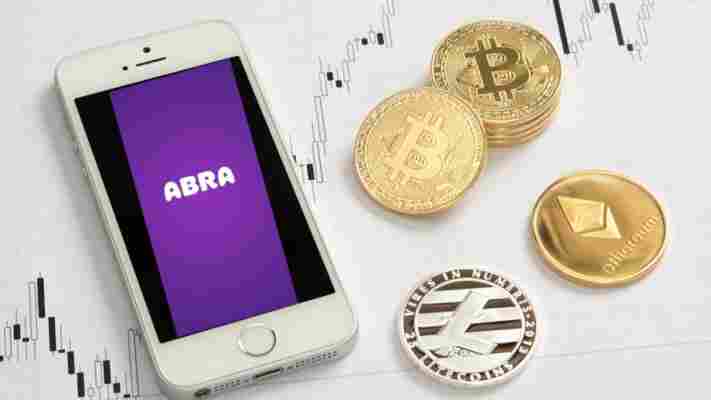It seems that Microsoft isn’t done experimenting with blockchain technology.

Microsoft and Ernst & Young (EY) announced the launch of a blockchain solution for content rights and royalties management on Wednesday.
The blockchain solution is first implemented for Microsoft’s game publisher partners. Indeed, gaming giant Ubisoft is already experimenting with the technology.
After successful testing, Microsoft and EY hope to implement the solution across all industry verticals which require licensing of intellectual property or assets.
The two companies hope that the move to blockchain will streamline the process of paying royalties to the rightful copyright holders.
The publishers and distributor partners will sign up on the blockchain platform and agree to business terms and conditions through a smart contract. When consumers buy their content online or from retail stores, the transactions will be recorded on the blockchain and royalty amount decided as per the smart contract. The publishers and distributors will have access to all relevant data.
The network is built using the Quorum protocol and Microsoft’s Azure cloud and blockchain infrastructures.
The process is expected to enable “increased trust and transparency” between industry players, reduce “operational inefficiencies,” and make it easier for publishers and distributors to reward “downstream participants” like entertainers, graphic designers, and game developers.
EY claims that, once fully operational, the blockchain network will process millions of transactions per day — making it one of the world’s largest enterprise blockchain ecosystems.
Indeed, the project sounds ambitious. But the key question is whether blockchain is actually better for the use case than other technologies.
One of the biggest shortcomings of current blockchain tech is its limited capacity to scale . While EY claims that the platform will be able to handle such large volumes, it hasn’t backed up the numbers with any research. We’ve asked the company for a clarification on this point and will update this piece accordingly if we hear back.
It is also peculiar that Microsoft and EY are touting blockchain’s advantage over the “manual offline way” of tracking royalties.
“The royalty calculations along the value chain are currently mostly manual and generally managed via offline data sources,” the companies said, explaining their decision to use a blockchain-powered solution.
Still, it remains unclear exactly how using blockchain tech improves on currently available royalty management software solutions.
It is worth noting that Microsoft won’t be the first to explore blockchain for copyrights and royalties. In fact the earliest implementation can be traced back to 2015 , when British singer Imogen Heap launched her song “Tiny Human” for $0.60 per download using Ethereum-based Ujo platform.
A host of copyright and royalty management blockchain startups have cropped up since then, but the problem remains that none have yet built an actual scalable solution. Clearly, there are better expectations from Microsoft.
Microsoft announced in February that it is working on a blockchain digital identity platform. The company however didn’t share any working prototype. Come June, there are still no updates on the status of the project from Microsoft. Now that they are announcing another project over blockchain, I am left wondering about the progress of the earlier one.
New ambitious projects utilizing blockchain technology are announced daily. But, until we see some real implementations of the technology, I can’t help but agree with the skeptics .
Kidnappers in Norway demand $10M Monero ransom for millionaire’s wife
Police fear the wife of one of Norway‘s richest men is being held ransom for an eye-watering 9 million euros ($10M) – payable only in the popular cryptocurrency Monero.

On October 31, Anne-Elisabeth Falkevik Hagen, who is married to Norwegian millionaire Tom Hagen, suddenly disappeared from her family home in Lørenskog, reports news outlet VG.
Sources have now indicated that a written message was found in the Hagen house, which demanded a $10 million ransom be paid entirely with the privacy-focused cryptocurrency Monero .
The note also made threats to the life of Hagen should the media or law enforcement be contacted. This has reportedly forced authorities to investigate the case in secret, supported by Interpol and the national police.
Monero is widely lauded for its supreme focus on protecting users’ anonymity. It has long been speculated to be a favorite of cyber-criminals, as its privacy features disable the ability for investigators to link cryptocurrency transactions to individuals in any meaningful way.
According to the source, authorities have been communicating with people claiming to be the kidnappers, but dialogue has been limited. Police are also yet to confirm the authenticity of the discussions.
Hagen’s husband, Tom, was ranked number 172 in financial magazine Kapital’s list of Norway’s top 400 richest people . He made the bulk of his NOK $1.7 billion fortune ($200M) in the electricity and property development sectors.
Local police have reportedly scheduled a press conference for later today.
Abra is giving away $25 of Bitcoin this Christmas – but there’s a catch
Cryptocurrency exchange and wallet provider Abra is trying to add a little holiday cheer to the current bear market bear market by giving away Bitcoin.

This morning, in an email to customers, Abra announced a promotion which would see new investors of its BIT10 “ exchange traded fund ” (ETF) style token receive $25 of Bitcoin at no cost. But in this life nothing ever comes for free, and this is no different.
In the small print are terms and conditions, one of which which states, “any investments in BIT10 totaling less than $1,000 equivalent during the promotion period will not be eligible for this cashback reward.”
So, to be eligible for the free Bitcoin you have to purchase $1,000 worth of the BIT10 token – before the December 31 – making it a 2.5% reward. It sounds kind of OK, but considering it’s only available if you buy in with $1,000 it seems unattainable for a huge amount of hobbyist investors.
It’s also worth considering what the BIT10 token is . If you haven’t heard of it, the BIT10 is a market tracking index token run by Bitwise Asset Management and tracks the top 10 cryptocurrencies each month. If the market grows, the value of the BIT10 grows, and of course the opposite can happen too. The BIT10 is native to Abra, meaning it can only be bought and sold on the Abra app.
Considering the entire cryptocurrency market has been on a nose-dive since earlier this year, market tracking tokens aren’t a great idea right now. If you buy into this token you have to be very certain the market is about to pick up. But of course, no one can ever be sure.











